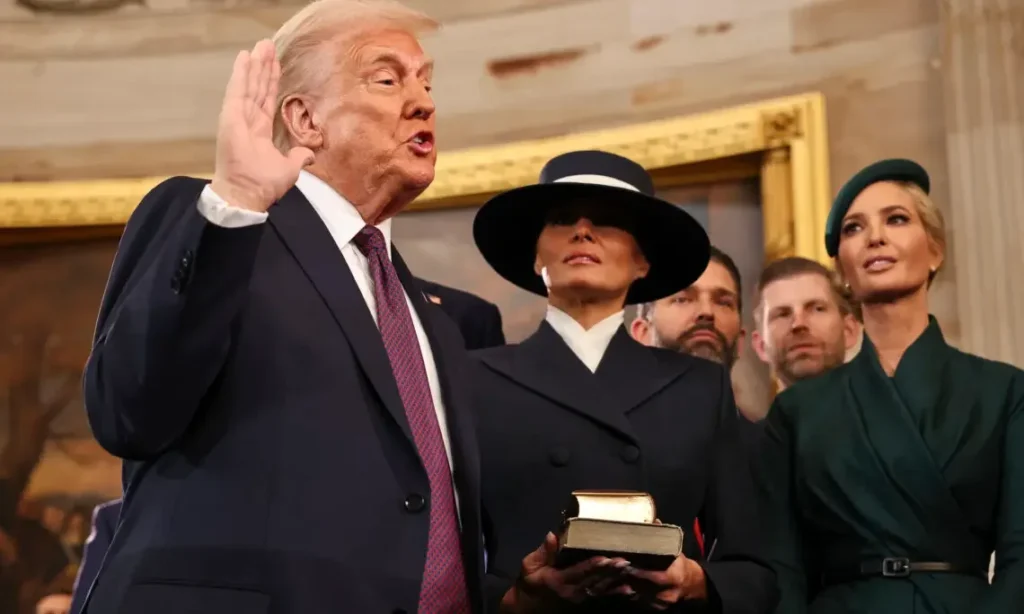On Monday, Trump’s Chinese electronics tariffs took a sharp turn as the president dismissed reports of exemptions for certain imports. Over the weekend, a US customs notice listed smartphones, laptops, and electronics excluded from the 125% tariff.
However, Trump refuted those claims, stating that the product was simply shifting into a different tariff category. Trump took to social media and emphasized that smartphones and computers would still face levies under a new semiconductor tariff.
He stressed that these everyday technologies rely heavily on semiconductors, a key national security focus. He added that updates on this specific levy would be announced on Monday.
European markets responded positively Monday morning following Friday’s announcement, suggesting exemptions might be granted. Investors had hoped for a break in tensions between Washington and Beijing.
US Commerce Secretary Howard Lutnick confirmed the change, saying these electronics would face the newly planned semiconductor tariff in addition to earlier levies. He insisted the country must build critical tech like semiconductors domestically to ensure supply chain security.
China’s commerce ministry labeled the earlier exemption reports as a small step urging Trump to cancel tariffs and fully return to respectful trade discussions. However, officials in Beijing now fear an escalation as Trump’s administration considers targeting the entire electronics supply chain.
Sony also entered the conversation by raising the PlayStation 5’s price in several markets, including Europe and Australia, due to inflation and currency instability. Notably, the US market remained unaffected by the increase.
Meanwhile, US Trade Representative Jamieson Greer confirmed no immediate plans for Trump to speak with President Xi Jinping. The lack of dialogue further fueled concerns that protectionist policies could intensify.
In April, Trump had previously imposed a 54% tariff on Chinese imports, which escalated to 145%. In response, China raised its tariffs to 125%, warning it would fight to end a prolonged trade war. Despite calls for compromise, the tariffs are expanding with a proposed focus on semiconductor technology.








